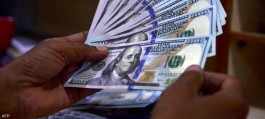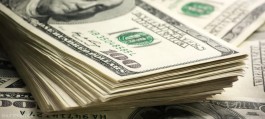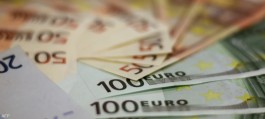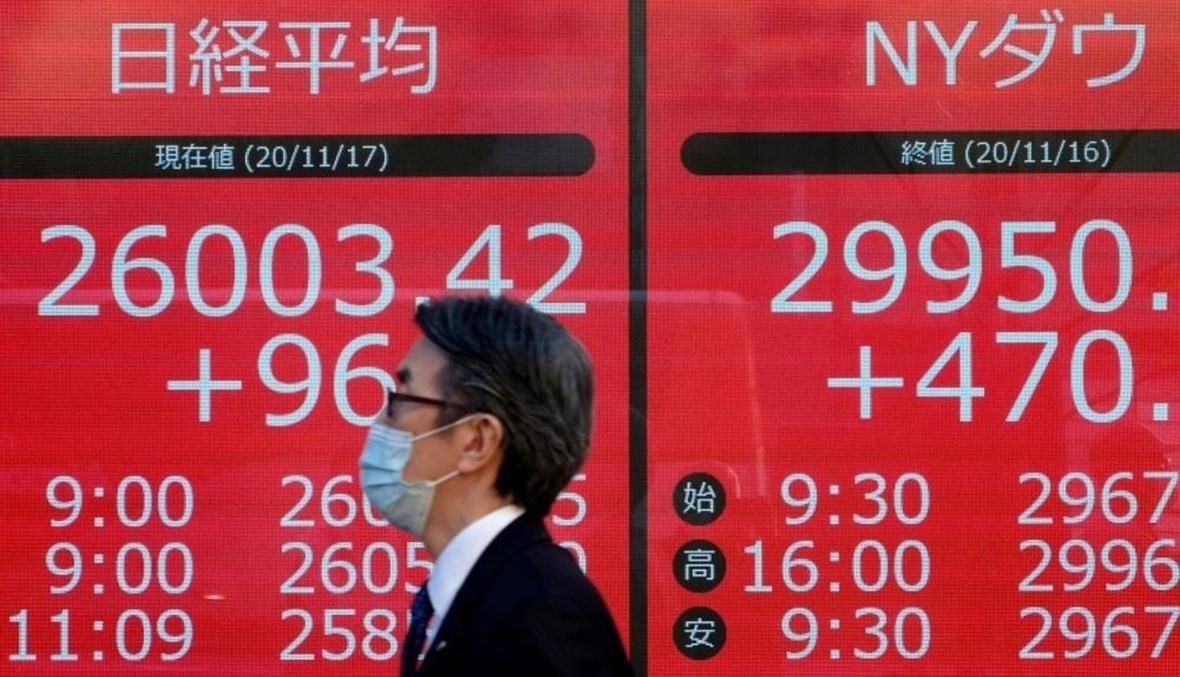Japan's Nikkei share average fell on Thursday as dividend rights cuts for several stocks ahead of the fiscal year-end, while caution over possible intervention to support the yen also weighed on sentiment.
The Nikkei average closed down 1.46 percent at 40,168.07, with 202 of its 225 listed companies declining and just 23 advancing. The index is still on track for a 20 percent jump in the January-March quarter, however.
The broader Topix index fell 1.73 percent to 2,750.81 points.
The market is cautious about possible currency intervention, said Shoji Hosoi, chief strategist at Daiwa Securities. It is not clear at what level and when the Japanese government will intervene.
Foreign investors are keen to buy Japanese stocks but they want to buy them cheaply. So they are watching how far the yen will be allowed to fall, he added.
The Japanese yen hit a 34-year low against the dollar on Wednesday, prompting Japan's three main monetary authorities to hold an emergency meeting to discuss the yen's weakness.
At a news conference after the meeting, Masato Kanda, vice finance minister for international affairs, said he would not rule out any steps to respond to irregular movements in the currency market.
The yen was last trading at 151.375 against the dollar.
The Nikkei index fell on Thursday due to a number of stocks trading ex-dividend, losing about 260 points as a result, strategists said.
Chip stocks suffered heavy losses. Shin-Etsu Chemical Co. was the biggest loser on the Nikkei, losing 3.12 percent.
Chip testing equipment maker Advantest fell 1.62 percent to be the second biggest loser, while chipmaking equipment maker Tokyo Electron was third in the red with a loss of 0.63 percent.
Fast Retailing, owner of clothing brand Uniqlo, fell 0.47 percent.
All but one of the 33 sector sub-indexes on the Tokyo Stock Exchange fell, with papermakers falling 6.07 percent to be the worst performing sector for the session. Mining shares rose 0.87 percent.







































